The Height of Depth
March 20, 2009
Text by Louis Postel Photography by Portrait by Eric Scott
Alone on a Vermont hillside, painter Eric Aho conducts a symphony in texture, shape and color. Instead of a baton, he waves a long brush, dipping it into one pot and then another. He paints with the loose-limbed dexterity of a magician, depicting the heavy clouds, trees and pond, discovering the place as its mystery reveals itself to him. “You have to be willing to fail,” says Aho, whose ideal is total engagement in the act of making art. And in his willingness to fail, Aho has achieved worldly success.
“It’s odd to think that one of these paintings sells for twice my father’s salary at the end of his career,” Aho says, relaxing at home in Saxton’s River, Vermont, a peaceful village in the Connecticut Valley.
Fidelity, the Bank of New Hampshire, American Express and L.L. Bean all collect Aho’s paintings. But how does a private collector justify spending $10,000 for one of his small canvases and $36,000 for a large one, when paintings of iconic barns and meadows can be purchased at local galleries for much less? Sure, there are some finds at galleries, but there’s also a plethora of fancy souvenirs for city folks to take home—sentimental dreams of pastoral never-never lands. It’s a matter of how serious the painting is, how deeply the artist observed the scene with his own eyes, how incisively, how freely; with what discipline did he order this chaotic universe? Did he paint what he saw firsthand or did he create an homage to what his teacher or some other painter did years ago? Is he just painting what happens to be selling?
The depth of Aho’s work puts it at the top of the scale. Hanging in a fine home, his paintings impart an inimitable, defining meaning. Like some of New England’s best architecture and design, Aho’s paintings combine the traditional and the contemporary in harmonious new ways: John Constable teamed with Willem de Kooning, realism and abstraction going on all at once.
How did Aho become Aho? “All kids draw,” the forty-year-old artist says. “Most stop. Not me. I just kept drawing.”
Aho's studio is attached to the house just as traditional New England barns were always attached to farmhouses, and he likes to think of himself as a “farmer-artist.” From the studio's only chair, Aho contemplates his next move in his symphony of light, mass and memory. Cloaking in mildness the fierceness of his determination always to create something new, Aho might be the Clark Kent of the art world. He's terribly aware of the temptation to repeat his successes, to rely on his own devices and conventions. He won't risk becoming stale, a maker of pricey Green Mountain souvenirs. “Painting isn't all fun,” he says. “I go out on a hill on a beautiful day to paint. Soon, I'm worried. ‘Oh my god,' I say to myself. ‘Is this going to work, or will it be a disaster? Have I wasted a day of my life? Have I fallen back on a gimmick?' Sometimes, I just have to scrape the painting down.”
Aho talks about the “arrogance of being a painter.” A viewer brings his or her own understanding of the world to a painting, he explains. But, it is the artist who sets the direction. “I show the way I discovered this landscape, this building. That's the starting point. You follow. Be right there with me.”
He gestures at a painting of a white house. “I think of that house not as a house but as an iceberg. It frees me up. I like to think of those clouds as actually made of lead. How heavy they weigh.”
The gabled side of the house shows five windows, one of which is so obscured it's hardly recognizable as a window. “That's how I saw it,” Aho insists. “That's how I discovered it. Rembrandt did his portraits this way. Each eye different, experienced differently. Each eye is a separate organ. It's the same with these windows.”
One of Aho's strengths is his ability continually to refer to the work of other painters as he makes decisions about his own work. Not only is he thinking about foreground hues, background tones and the weight of the sky in his own paintings, he's mindful of the works of Rembrandt, Paul Resika, Wolf Kahn and, yes, de Kooning and Constable. They enrich his world, his art and the beautiful landscapes that stretch out before him, awaiting interpretation through color and brushstroke.
EDITOR'S NOTE In New England, Eric Aho is represented by Spheris Gallery, Hanover N.H., (603) 640-6155, and Alpha Gallery, Boston, (617) 536-4465.
Share
![NEH-Logo_Black[1] NEH-Logo_Black[1]](https://b2915716.smushcdn.com/2915716/wp-content/uploads/2022/08/NEH-Logo_Black1-300x162.jpg?lossy=1&strip=1&webp=1)






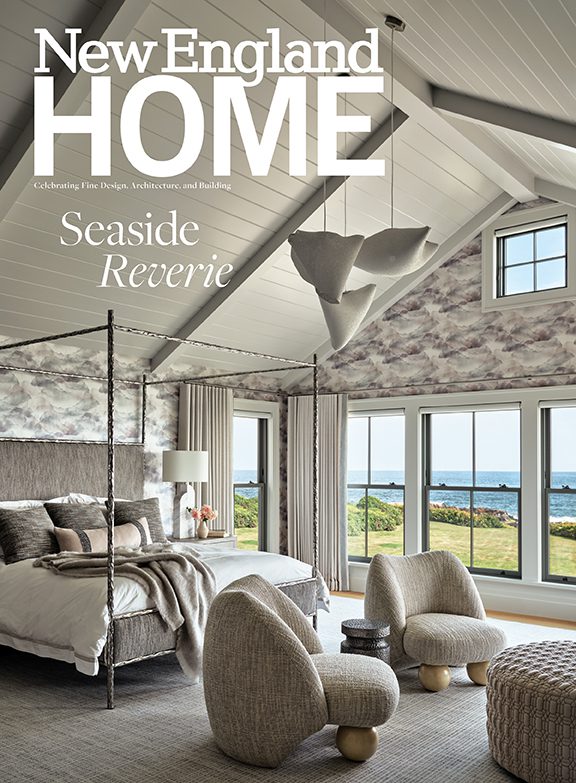
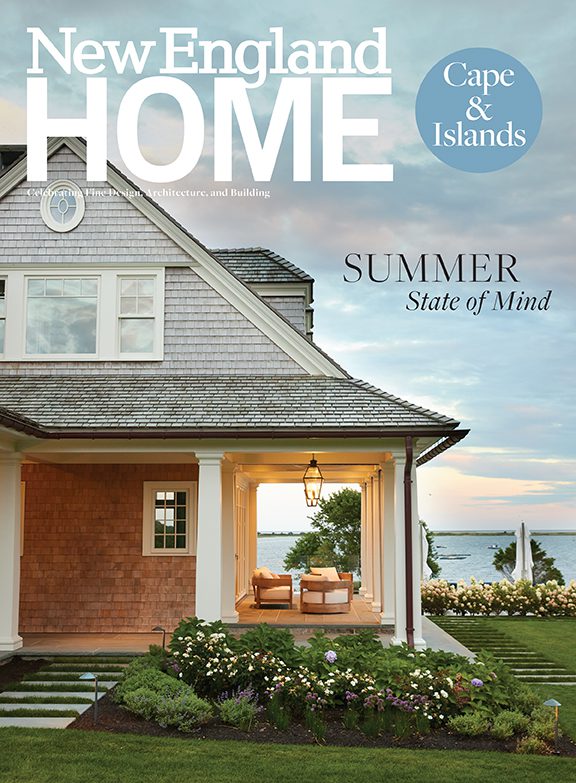
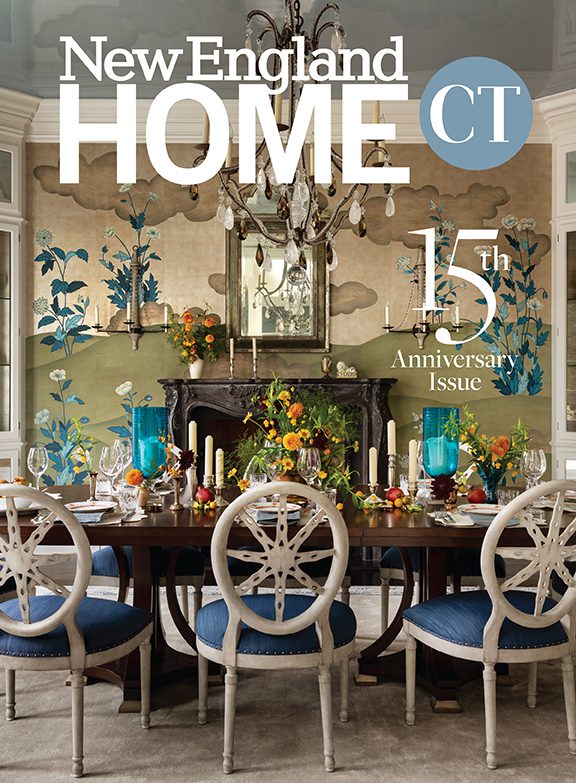


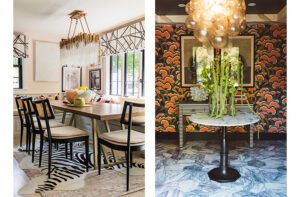
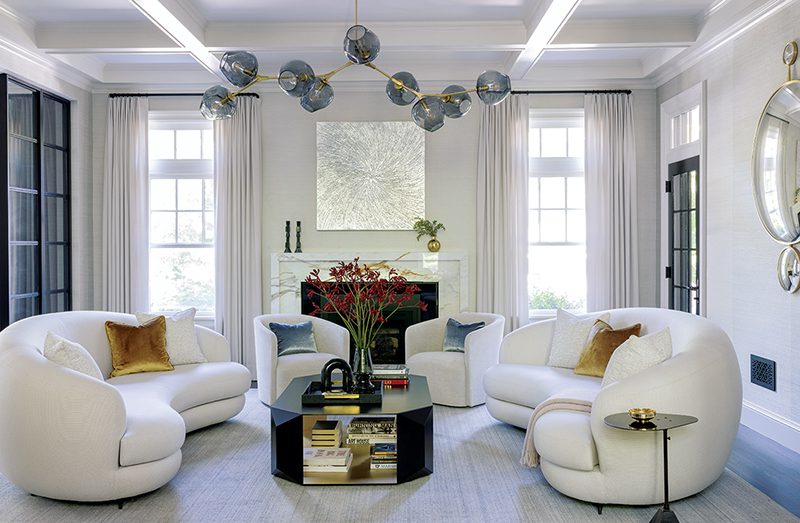
You must be logged in to post a comment.